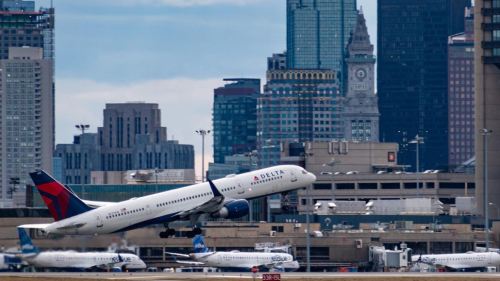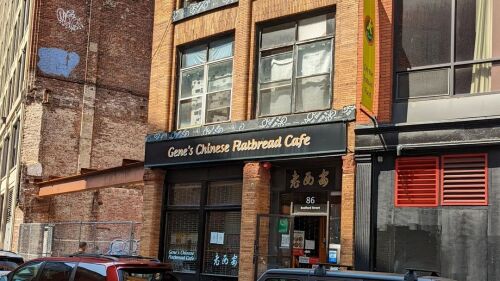Recycling can be confusing — am I allowed to recycle this? Should I just throw away that? We’re breaking down the details so you can make sure you’re recycling correctly in Boston.
Why is this important?
The city’s Climate Action Plan is working to make Boston carbon neutral by 2050, and part of that plan is moving toward a Zero Waste Boston.
What’s a Zero Waste City? These places continually work to phase out waste by creating and implementing systems that don’t generate waste in the first place — in other words, places that reduce, reuse, and recycle well.
Our recycling tips
In 2022, Boston households threw out ~1251-1500 pounds of trash. To help curb this, the city provides residents with a curbside collection to recycle metal, glass, plastic, and paper.
Bonus: There’s no need to sort the recyclables; all items can be added in one bin. Check your recycling schedule to know when pickup is scheduled for your neighborhood.
If you’re wondering whether you should recycle something or not, use this tool — simply type the name of the item you’re curious about, and it will tell you how to properly dispose of or recycle it.
Here’s a quick list of what shouldn’t go in your recycling bin:
- Plastic bags — the City of Boston has a ban on all single-use plastic bags, a transition that started in December 2018.
- Clothing and textiles — donate them at a local clothing drive or bring them to a consignment store.
- Food waste — sign up for the city’s compost program.
- Scrap metal — find your closest local scrap metal recycling location, like A Street Metal or Second Street Iron and Metal.
- Electronics and batteries — bring your batteries and unwanted or broken electronics to a Household Hazardous Waste Day.











